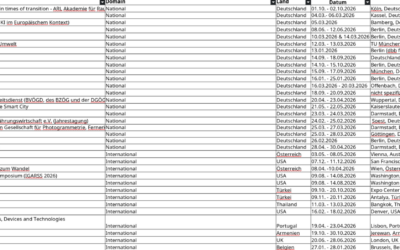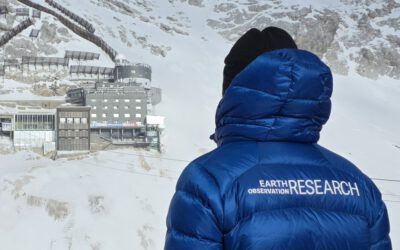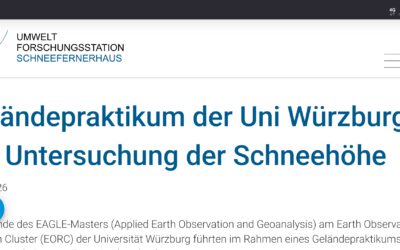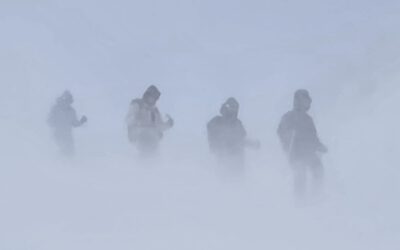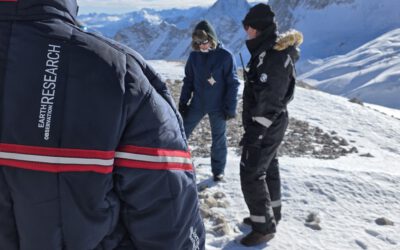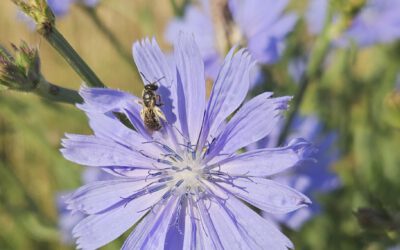S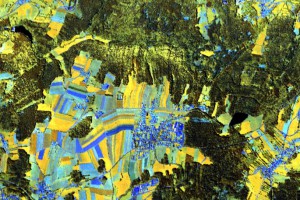 ophia Wiesböck will do her BSc thesis on the importance of fCover and Lidar data to explain home range sizes of red deer in the Nationalpark Bavarian Forest. Sophia will compute fCover on different spatial resolutions using different data sets and make it comparable with Lidar data. This will allow us to analyse the explanatory power of these data sets for home ranges of different red deer individuals in the Nationalpark. This thesis is supervised by Benjamin Leutner, Mirjana Bevanda and Martin Wegmann in close cooperation with the science department of the Nationalpark, Jörg Müller.
ophia Wiesböck will do her BSc thesis on the importance of fCover and Lidar data to explain home range sizes of red deer in the Nationalpark Bavarian Forest. Sophia will compute fCover on different spatial resolutions using different data sets and make it comparable with Lidar data. This will allow us to analyse the explanatory power of these data sets for home ranges of different red deer individuals in the Nationalpark. This thesis is supervised by Benjamin Leutner, Mirjana Bevanda and Martin Wegmann in close cooperation with the science department of the Nationalpark, Jörg Müller.
Meet EORC at Upcoming Earth Observation Conferences & Workshops
The coming months offer many opportunities to connect with the Earth Observation (EO) community across a wide range of conferences, workshops, and focused scientific meetings. These events are not only places to present results, but also spaces for open exchange,...



